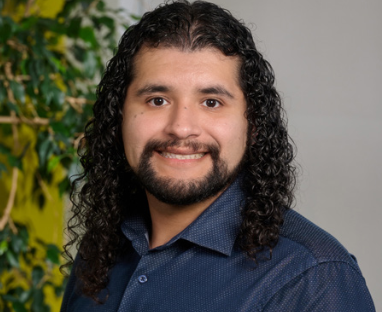Imagine a world without speculation. Imagine never reflecting on the past and learning from moments of “What if I did that differently?” or being stripped of opportunities to dream of new futures with questions like “What if we could change the world?” Speculation is synonymous with change and the coexistence of multiple worlds where diverse ways of life can flourish. How can we build a just world if we fail to imagine other possibilities—worlds beyond systemic oppression and its constraints? With speculation, imagination can be framed not just as a creative endeavor but as a subversive and decolonizing force that offers fertile ground for imagining new ways of being and belonging, diverging from colonial legacies and dominant power structures (Merla-Watson & Olguín, 2017). Imagining new alternatives is required before trying to change ourselves and the world. Expecting youth—or anyone—to act as agents of change without speculation limits their ability to critically examine and transform broken systems. Silencing youth speculative explorations risks perpetuating dominant, adult-centric visions of how transformation should unfold. Speculation is more than abstract dreaming—it is a critical process of envisioning alternatives, questioning existing systems, and exploring possibilities for transformation.
The theme of Issue 53 of the Bank Street Occasional Paper Series, Speculative Youth Participatory Action Research: Narratives of Imaginative Social Dreaming, arose from our perception that many youths and teachers assumed that youth participatory action research (YPAR) was unattainable to them. We argue that, to the contrary, many have been living different forms of YPAR for years. In YPAR, youth collectives identify a problem, determine the root causes, conduct social science research, and offer solutions to the issues by committing to taking action on behalf of key stakeholders (Morrell, 2008; Akom et al., 2016; Cammarota, 2017; Kornbluh et al., 2015; Branquinho et al., 2020; Aleman & Martinez, 2024). To showcase the work that youth, teachers, researchers, and others are doing, we have chosen to focus on the productive ruptures associated with YPAR and other critical youth research methodologies and practices. We use the term rupture in alignment with Anzaldúa (2013), where ruptures are opportunities to learn through pain to heal, grow, and become more connected with others. By focusing on ruptures, we are given opportunities to speculate on the nature and purpose of YPAR, making it more accessible and/or visible to others.

